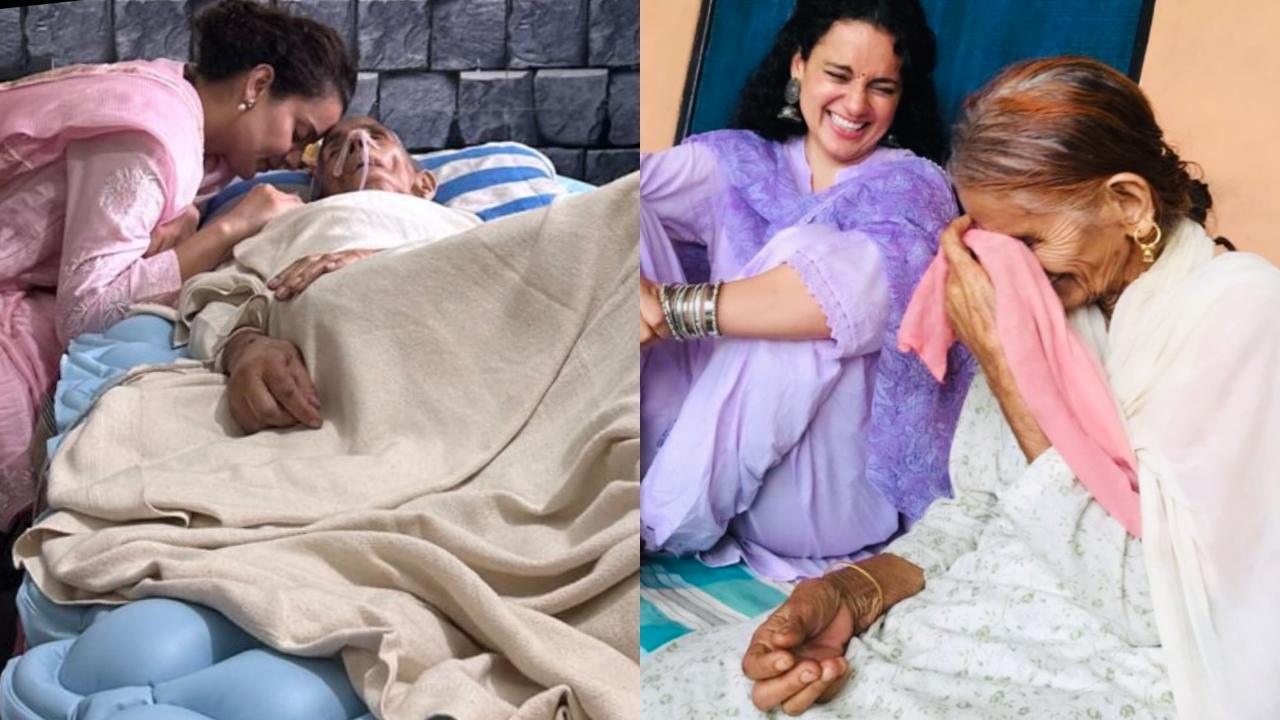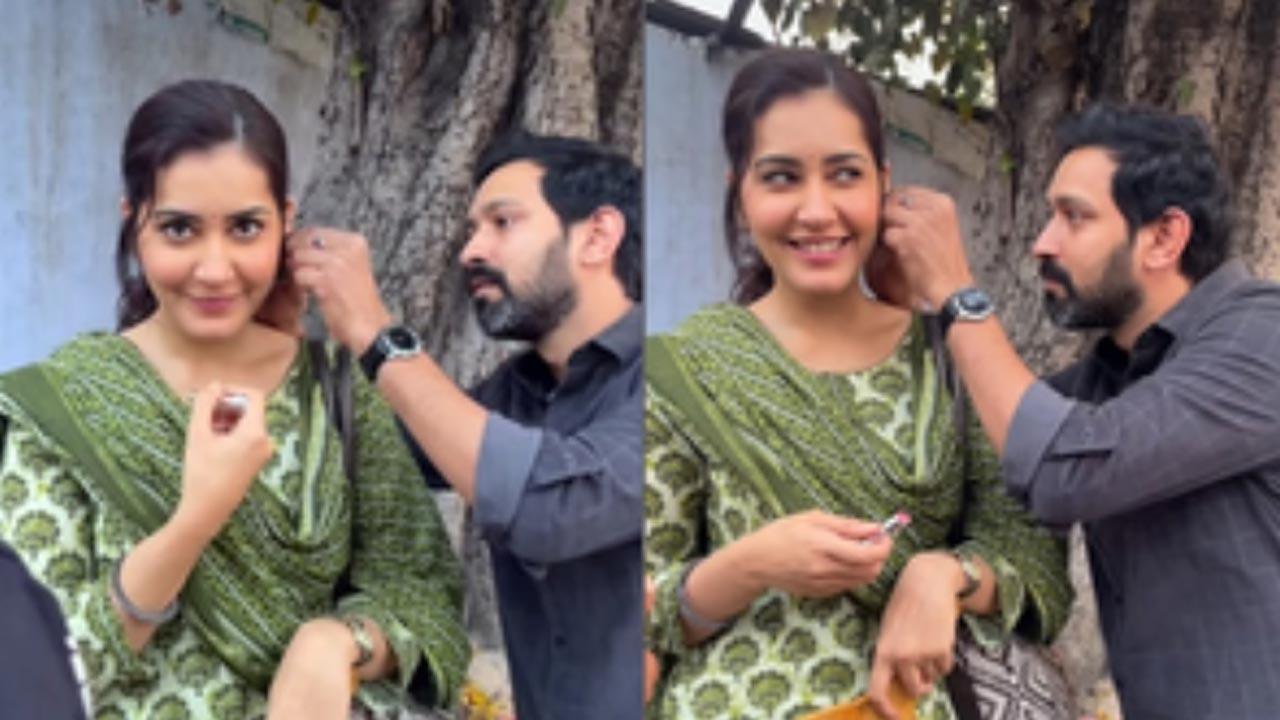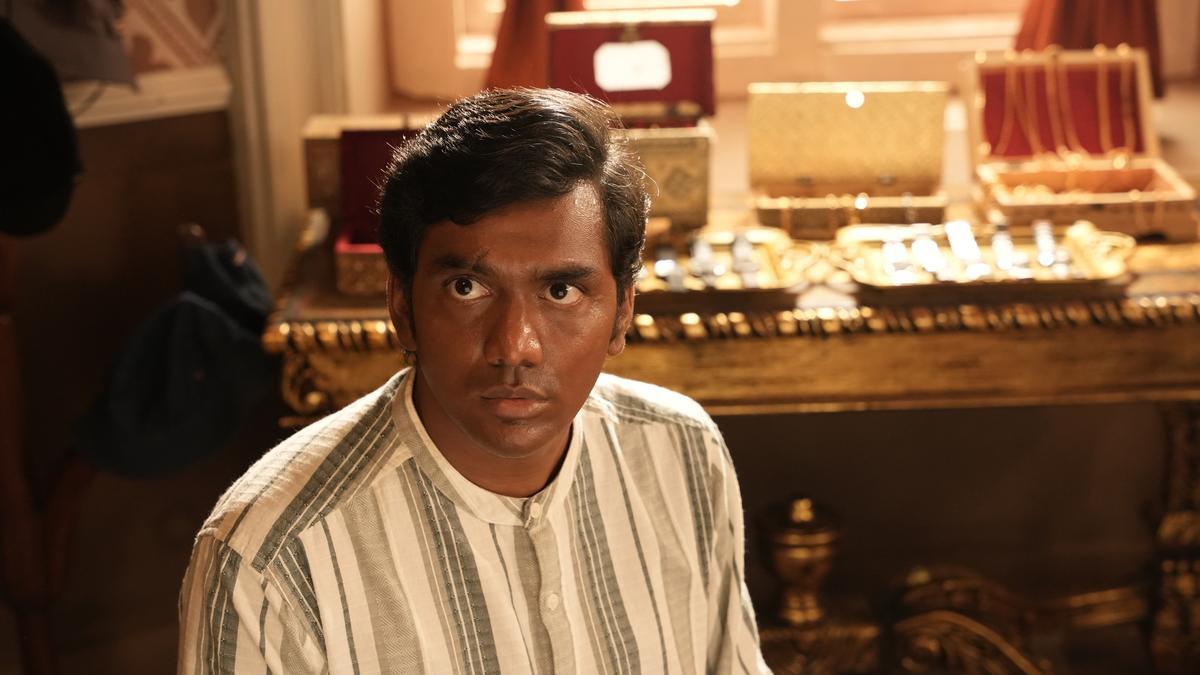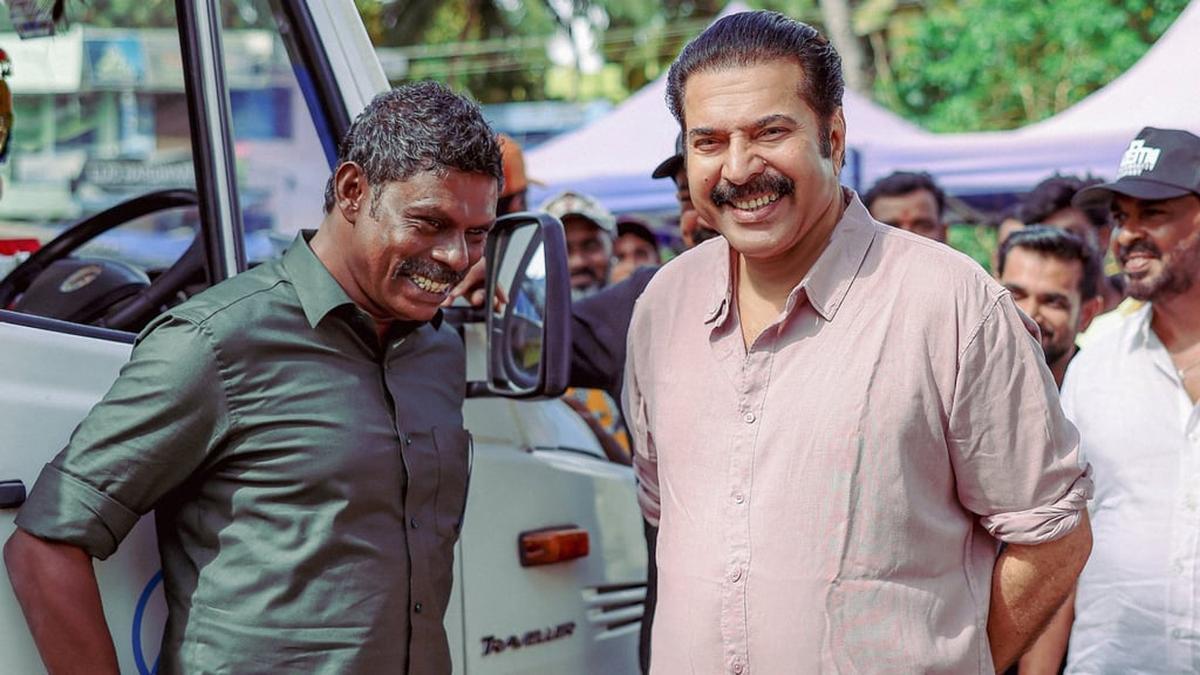
The realm of cinema has long played a significant role in shaping political discourse and influencing social change. From the era of World War I when French cinema captivated global audiences to the eventual rise of Hollywood, films have been instrumental in reflecting and critiquing societal structures. In the Indian context, particularly within the Dravidian states, the medium of film has been a potent force for spreading ideologies — with Tamil Nadu offering a striking example where the domains of film and politics are intricately interwoven.
The intertwining of these spheres is perhaps best exemplified by the fact that Tamil Nadu has elected five Chief Ministers with roots in cinema, while O Panneerselvam stands as an outlier as the first leader since 1967 devoid of any cinematic ties. The legacies of these film industry stalwarts turned politicians are deeply etched in the state’s history, illustrating the persuasive power of the silver screen in the political arena.
The Dravida Munnetra Kazhagam (DMK) was amongst the early parties to recognize the potential of films in propagating their message, riding on the wave created by pre-independence movies like ‘Thyaga Bhoomi’ and ‘Mathru Bhoomi’. These films reached the hearts and minds of the masses, prompting inquiries into the viability of actors as administrative leaders. The success of Dravidian parties since the late 1960s is a testament to this strategy, with CN Annadurai being the first from these parties to become Chief Minister.
The impact of cinema on Tamil politics is further highlighted by the careers of actors like KR Ramasamy, an ally of Annadurai who used his art to champion social justice themes, and M Karunanidhi, whose scriptwriting prowess in films starring MG Ramachandran (MGR) played a pivotal role in MGR’s subsequent political ascendancy.
It’s impossible to discuss the crossover between film and politics without mentioning the actor-politician MGR who, following a split with DMK, formed the AIADMK and went on to triumph in the electoral landscape, his cinematic persona as the people’s champion resonating with his governing philosophy. His death led to a power struggle within AIADMK, which ultimately resulted in Jayalalithaa, another film star, taking the helm and serving multiple terms as Chief Minister.
As time marched on, many other film personalities dipped their toes into Tamil Nadu’s political waters, though with varied degrees of success. Actors including Vijayakanth, Sarathkumar, and Khushbu made their mark in politics, some aligning with major parties like the BJP, while Rajinikanth and Kamal Haasan made headlines with their political endeavors.
Despite fluctuations in the direct involvement of film personalities in politics post-MGR era, the medium continued to reflect contemporary socio-political narratives through the works of satirists like Cho Ramaswamy and directors such as K Balanchander and Manivannan, who weaved political commentary into their films with skill and wit.
In the realm of contemporary Tamil cinema, a new wave led by directors like Pa Ranjith and Mari Selvaraj is placing anti-caste discourse and social justice at the forefront, harking back to the early days of film being used as a socio-political mouthpiece.
As Tamil Nadu’s political landscape continues to evolve, figures from the film industry remain poised to step into the spotlight of governance. The most recent example is Udhayanidhi Stalin, who has followed in his father’s footsteps by winning an Assembly seat and securing a ministerial role. Additionally, Vijay’s announced foray into politics with the launching of Tamilaga Vettri Kazhagam signals that the dance between cinema and politics in Tamil Nadu is as dynamic and vibrant as ever — reaffirming the enduring legacy of those 1950s film dialogues emblematic of Dravidian politics and their reflection of the aspirations and challenges of the Tamil motherland.










